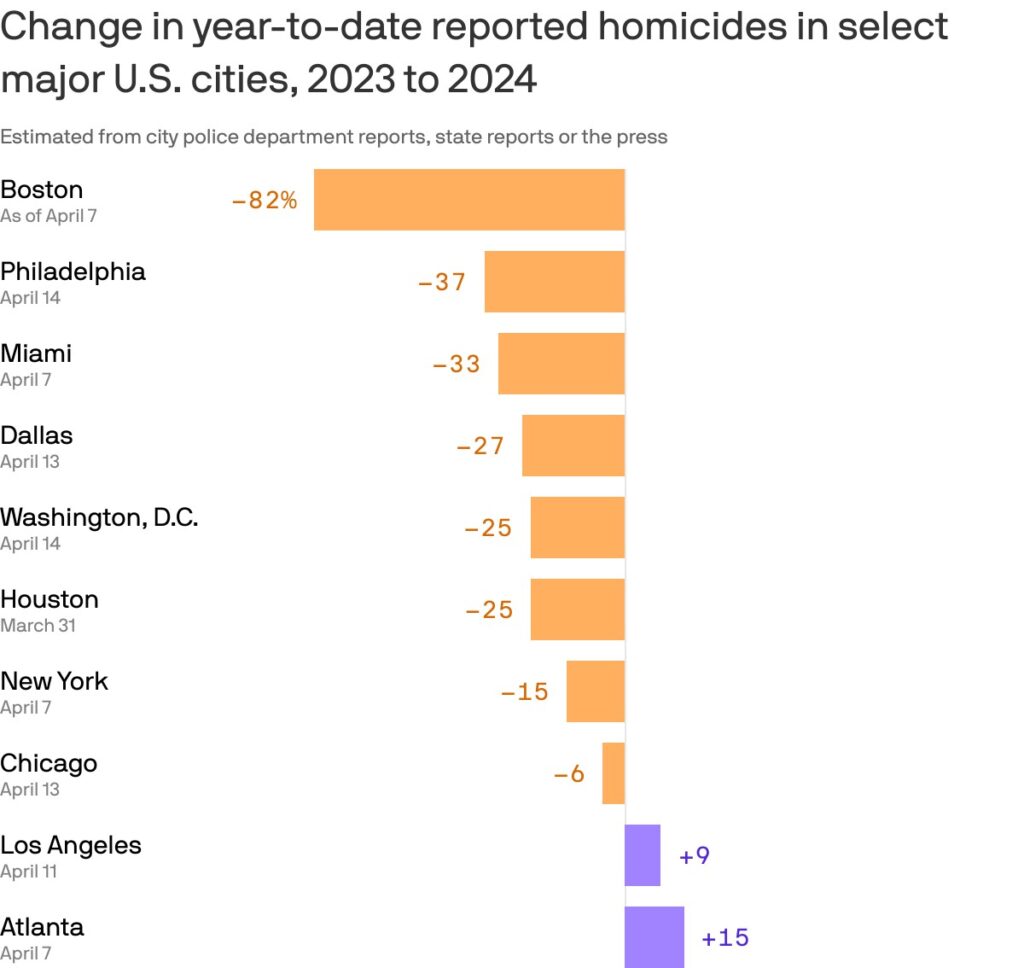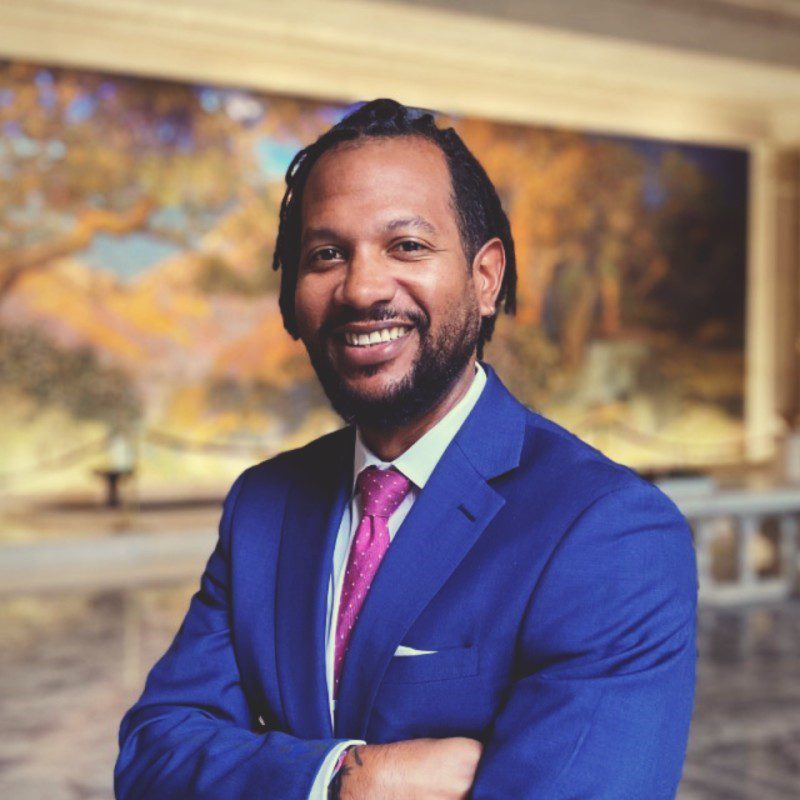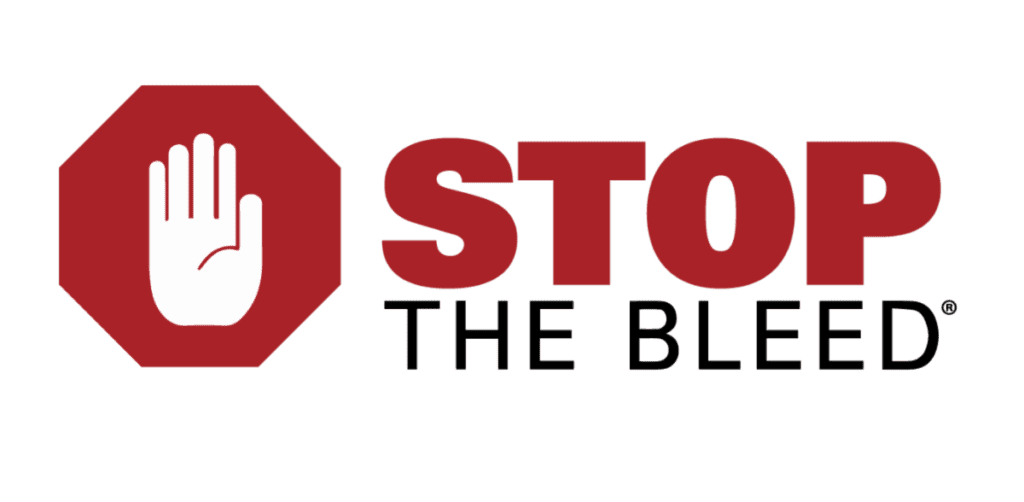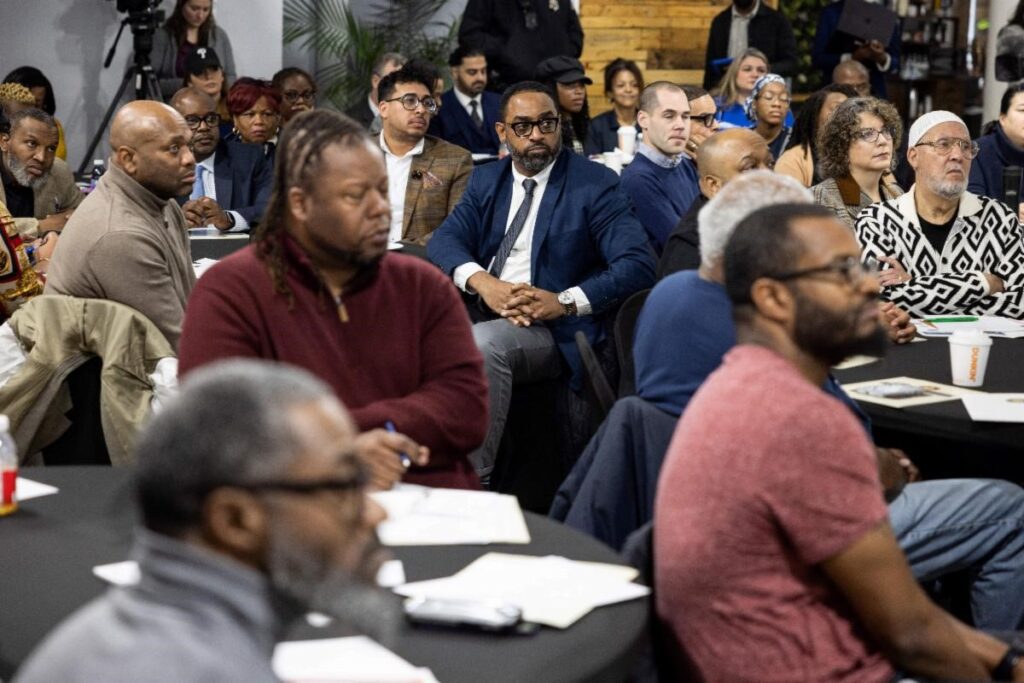Philadelphia’s Path to Safer Streets: Commissioner Bethel Releases 100-Day Public Safety Report
Coinciding with Mayor Cherelle Parker’s 100th day in office, Philadelphia Police Commissioner Kevin Bethel released a comprehensive 100-day Public Safety Report. The report provides a strategic blueprint to deliver on the mayor’s promise of a safer city.
The report comes as Philadelphia continues to experience a significant drop in homicides – 37% year-over-year since April 2023 – ahead of many other major U.S. cities.

The initial phase of Commissioner Bethel’s plan aims to decrease citywide homicides and shooting victims by 20 percent, setting goals of 328 or fewer homicides and 1,328 or fewer shooting victims annually. Phase II pushes for a further 25 percent reduction below pre-pandemic levels, aiming for 246 or fewer homicides and less than 1,000 shooting victims annually.
To achieve these ambitious goals, Commissioner Bethel will leverage successful strategies, emphasizing data-driven initiatives. This approach combines community policing, problem-solving, focused deterrence, and other offender-focused strategies, collaborating closely with law enforcement partners to sustain the decline in gun violence.
A key focus will be directing more resources to the 10 districts responsible for 78 percent of shooting victims, with intensified efforts in specific high-risk areas targeting individuals in hot spot locations.
Emphasizing a data-centric strategy, the Commissioner’s plan includes systems to translate data and intelligence into actionable insights. Recognizing the limitations of solely policing to reduce homicide rates, the approach emphasizes community engagement and strategic problem-solving.
The Civic Coalition to Save Lives commends Commissioner Bethel’s bold objectives and his commitment to marshaling resources and relationships toward these goals. The Coalition pledges full support as the Commissioner refines this plan into a comprehensive five-year strategic framework.
Progress in reducing gun violence over the past year is encouraging. Mayor Parker emphasizes the necessity of collective effort, stating that the administration cannot tackle this challenge alone. The Civic Coalition reaffirms its readiness to contribute all available resources toward the shared goal of reducing gun violence. For more details on the Philadelphia Police Department’s 100-Day Report, click here.
Philadelphia City Council Confirms Adam Geer As City’s First Chief Public Safety Director

Under former mayoral administrations, the city’s public safety response was coordinated by either the managing director or a deputy mayor who worked closely with the police commissioner.
Now, Geer — a former deputy inspector general who previously worked in the district attorney’s office – will work closely with Police Commissioner Kevin Bethel to coordinate communication between departments including police, fire, prisons, and emergency services. He will also be responsible for developing relationships with community groups and spearheading alternative safety initiatives. Originally from Boston, Geer earned his law degree from Temple University’s Beasley School of Law.
At Risk and In Need of Intervention
The Civic Coalition to Save Lives supports efforts to reduce gun violence through evidence-based intervention programs and services.
Why Intervention Programs and not Prevention Programs?
Prevention, intervention and transformation are crucial investments to reduce gun violence, and with any public health crisis, timing is everything. The purpose of intervention strategies is to stop imminent gun violence. Intervention is a matter of life and death.
Who is Very High Risk?
Research shows that individuals most likely to commit an act of gun violence share common, overlapping risk factors with the victims of gun violence. Every city has a set of data-informed risk factors, and for individuals with the most – a 9 out of 10 on the scale – gun violence may be imminent. While many factors influence an individual’s risk of being shot or shooting someone, in Philadelphia, some of the most common risk factors are:
- Having been previously arrested for a shooting or shooting at an individual; a previous arrest for a Part 1 violent gun crime
- Having been previously shot
- Being active in a group, crew or gang
- Engagement in a social media conflict or taunting related to gun violence
In addition to the above, other factors include:
- Location. Gun violence is concentrated in specific Philadelphia neighborhoods. Research shows that the vast majority of gun homicides repeatedly occur in the same locations. According to research from Brown University, a young man living in the 19132 ZIP code, the most violent in Philadelphia, had almost two times more annual risk of getting killed with a firearm than a U.S. soldier deployed to Afghanistan for a comparable amount of time.
- Unemployment. Research from the Philadelphia Department of Public Health found that ZIP codes with higher rates of chronic male unemployment – men ages 16-64 who have been out of work for a year or more – have higher rates of shooting victims.
- Ethnicity and Gender. Black Americans, ages 15 to 34, experience the highest rates of gun homicides across all demographics, and Black men in Philadelphia disproportionately account for the majority of gun violence victims and perpetrators.
- Unstable housing. The lack of a safe and reliable living situation can also increases the risk of gun violence.
Understanding the Needs of High-Risk Individuals
If prevention is stopping a person from picking up a gun in the first place, intervention can be thought of getting the person to put the gun down and walk away.
But how?
The work of case management and one-on-one direct, sustained contact with credible and competent messengers is perhaps the most crucial element of gun violence intervention. Risk factors significantly decrease when those with the highest likelihood of gun violence spend dedicated, concentrated time with committed, experienced staff who demonstrate relatable lived experiences and have quick access to resources to meet the immediate needs of someone in imminent danger. The Civic Coalition is helping to create a more durable infrastructure, with the Gun Violence Intervention Coordination Center serving as the single point of contact to support intervention programs and the people they serve.
PECO – A Powerful Partner in Saving Lives and Bending the Curve on Gun Violence in Philadelphia
As an essential services provider, ensuring the well-being and security of the communities it serves is integral to PECO’s mission and responsibility as a trusted utility company. One of the original corporate partners in the Civic Coalition to Save Lives, PECO’s investments in the coordinated efforts to reduce gun violence in Philadelphia highlight the power of collaboration to affect meaningful change.
In 2022, Mike Innocenzo was president of PECO and about to be installed as the Greater Philadelphia Chamber of Commerce Board Chair when he joined the Civic Coalition to Save Lives Steering Committee. Though he had no knowledge of or experience in public safety, he joined the group to learn how other cities adopted intervention strategies that reduced gun violence. For Innocenzo, PECO’s reasons for participation in the coordinated civic response to address the public crisis of gun violence extend beyond corporate responsibility: it’s a matter of personal accountability. Speaking about employees and customers who face the gun violence crisis every day, Innocenzo said, “We needed to be part of the solution. Government working hand in hand with the corporate world, the civic world, and the philanthropic world, is how you tackle the problem of gun violence.”
PECO and its parent company, Exelon, have donated $1 million and provided in-kind executive leadership to the Civic Coalition to Save Lives and its efforts to help elevate, coordinate and expand the capacity of proven, evidence-based gun violence intervention strategies in Philadelphia. “Our commitment to addressing gun violence is not just a moral imperative but a strategic necessity,” said Romona Riscoe Benson, PECO’s director of Corporate and Community Impact. “While we cherish our longstanding partnerships with community organizations throughout the region, we recognize that our support is not as effective without actively confronting the epidemic they face. By supporting the Civic Coalition to Save Lives, we are taking meaningful action against gun violence and demonstrating our unwavering dedication to the diverse and vibrant communities within our service territories.”
Community Drivers: Empowering Philadelphians: Stop the Bleed Educates Communities on Life-Saving Techniques

In the face of Philadelphia’s persistent gun violence, the importance of immediate care for traumatic injuries cannot be overstated.
According to the Stop the Bleed campaign, a national movement to teach bystanders how to help people with bleeding wounds, the average time to bleed out is only two to five minutes. That’s why Philadelphia Police have implemented “Scoop and Run,” bringing trauma victims to the hospital when no paramedics are nearby.
No matter how fast police or other emergency responders arrive, bystanders will always be first on the scene. When every minute counts, those nearest to someone with life threatening injuries are best positioned to provide first care.
Developed nearly a decade ago in response to mass shootings, Stop the Bleed empowers bystanders in a bleeding emergency by providing them with the knowledge and skills to save a life, while waiting for help to arrive. Learn more in this Community Driver spotlight.
Stoneleigh Foundation Convenes Stakeholders To Discuss Collaboration, Other Strategies To Tackle Gun Violence

The Stoneleigh Foundation recently hosted Tackling Gun Violence in Philadelphia: A Reception for Key Stakeholders with the goal of bringing together cross-sector leaders who are committed to ending gun violence in Philadelphia. Nearly 100 individuals were in attendance representing community-based organizations, government, law enforcement, media, philanthropy, healthcare, and academia. The event also featured remarks from Stoneleigh Fellow Dr. Ruth Abaya, who offered a powerful and hopeful message about the importance of collaboration in gun violence prevention and intervention efforts, as well as the Foundation’s latest cohort of Emerging Leader Fellows, who are partnering with various local agencies to address gun violence using policy, practice, research, advocacy, organizing, and communications strategies.
“Stoneleigh has been working on gun violence and violence prevention for over a decade, but we’ve significantly increased our focus on this issue during the last four years, said Ronnie Bloom, Stoneleigh’s executive director. Our goal for the reception was twofold: To foster a greater sense of coordination, collaboration, and broad participation among a wide range of stakeholders committed to ending gun violence in Philadelphia and to honor all those who are doing this challenging but incredibly important work on a daily basis.”
The Stoneleigh Foundation currently has eight Fellows who are working on issues directly related to gun violence in the city, according to Bloom.
Northwest Peace Summit – Safe Summer 2024

On March 27, Ted Qualli from the Philadelphia Foundation represented the Civic Coalition to Save Lives at a convening of more than 90 stakeholders gathered inside the P4 Hub in Northwest Philadelphia to discuss intervention strategies that would lead to a peaceful and safe summer 2024.
Convened by Senator Art Haywood’s office, the conversation among community organizers, law enforcement, and anti-gun violence advocates from across Northwest Philadelphia focused on ways to collaborate with other organizations and elected officials. Attendees also shared the activities their organizations were planning in their communities to help prevent gun violence.
The summit was an outgrowth of work being led by Jude Hussein, Director of State Advocacy for the Pennsylvania Senate in the Office of Senator Art Haywood. Jude has convened a bi-weekly meeting of organizations working to reduce gun violence in Northwest Philadelphia for the past two years. Regular participants include the Police Captains from the 14th and 39th Police Districts, Stronger Together, the City’s P3 program and Estelle Richman and Ted Qualli from the Civic Coalition to Save Lives.
Also joining the summit remotely was Gregory Jackson, deputy director of the White House Office of Gun Violence Prevention. Jackson discussed the efforts that the Office of Gun Violence Prevention is making for the communities impacted by gun violence. One such initiative is expanding state and local partnerships to improve the process in which resources are distributed to the communities most impacted by violence.
“When a high concentration of violence happens to a specific neighborhood, it doesn’t just impact the families, it impacts the schools, it impacts the businesses, it impacts the mental health of the entire community,” Jackson said. You can hear watch the post summit press conference here.
